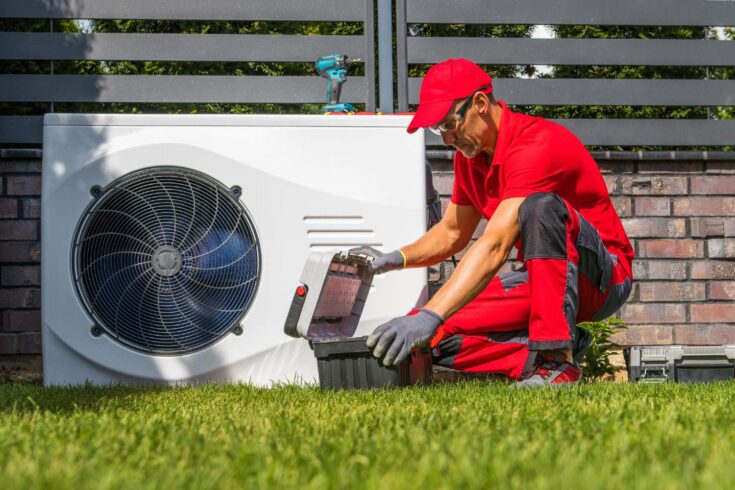The study tested how homes using smart air source heat pumps could automatically adjust their usage to balance the grid during peak demand periods.
The study funded by the Engineering and Physical Sciences Research Council (EPSRC) was led by researchers from the University of Southampton’s Energy and Climate Change Division in collaboration with Good Energy.
A drop in demand
In trials across 30 homes in southern England, researchers tested reducing heat pump use during peak grid demand hours.
This led to a 90% drop in electricity demand, while comfort remained stable.
Their findings are published in the journal ‘Applied Energy’.
Lowering costs for consumers
The findings show that with the right technology and coordination, smartly managed heat pumps could help reduce pressure on the grid at critical times, such as during cold winter evenings.
This could also help lower consumer costs and support the UK’s shift away from fossil fuels.
As the UK transitions to green energy and works towards net zero, effective grid management will become increasingly vital to ensure a stable and resilient energy system.
A resilient energy system
Professor Patrick James, University of Southampton, who led the research team, said:
Most people just want their homes to be warm and their bills to be affordable.
Our study shows that heat pumps can provide comfortable heating while helping the grid cope at busy times.
With smart control, they can play a key role in cutting emissions and making our energy system more resilient and even save some money on their bills.
Embedding flexibility controls
The study, part of a project called LATENT (ResidentiaL HeaT As An Energy SysTem Service) explored how this approach could be scaled up by energy companies, manufacturers and installers working together.
By embedding flexibility controls into heat pump systems, they could automatically respond to grid conditions, cutting demand when electricity use spikes and restoring it when pressure eases.
Trevor Sweetnam, Head of Research & Development (R&D) at Good Energy, who was part of the research team, said:
The LATENT project is a great example of university, private sector collaboration leading to real outcomes for customers.
LATENT directly led to the launch of our Flexirewards product for heat pumps, the first commercially available heat pump flexibility scheme in the UK with our partners Axle energy bidding heat pumps into the flexibility markets.
Keeping homes warm
This kind of invisible flexibility could play a vital role in helping the UK achieve its climate targets while keeping homes warm affordably.
The research team now plans to explore how these smart systems could be integrated with other low-carbon technologies such as solar panels and home batteries.
These technologies could make it easier for households to generate, store and use energy more efficiently.
Benefit both people and the planet
Executive Director for Strategy at UK Research and Innovation’s (UKRI) EPSRC, Dr Kedar Pandya, said:
This research shows how new technologies like smart heat pumps can benefit both people and the planet. By reducing peak demand, households can help prevent blackouts, lower costs and reduce emissions, all while staying warm.
Through projects like LATENT, and wider initiatives such as UKRI’s Clean Energy R&D Mission Accelerator Programme, EPSRC is supporting the innovations that will make the UK’s energy system more flexible, cleaner and smarter.

